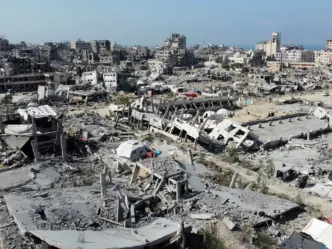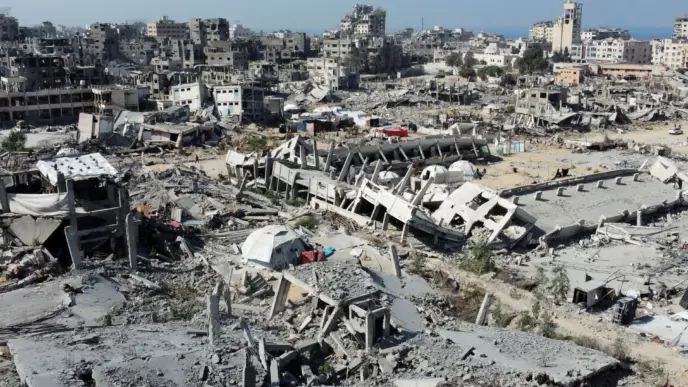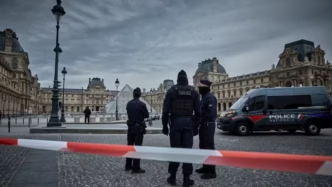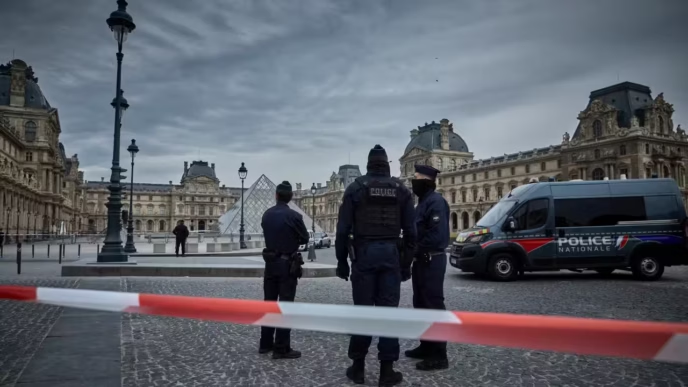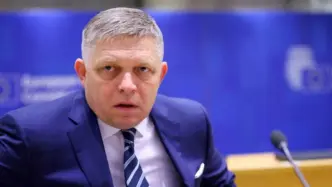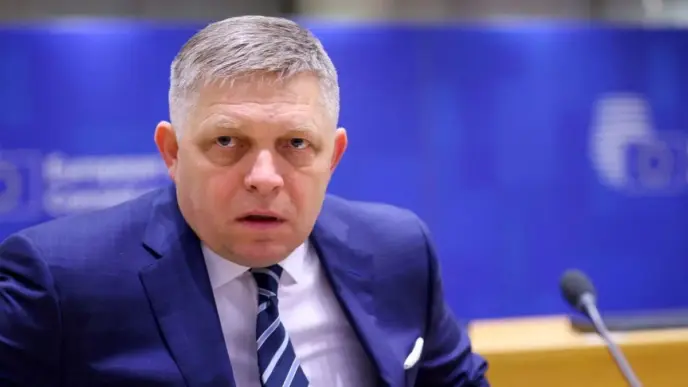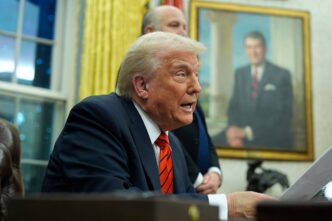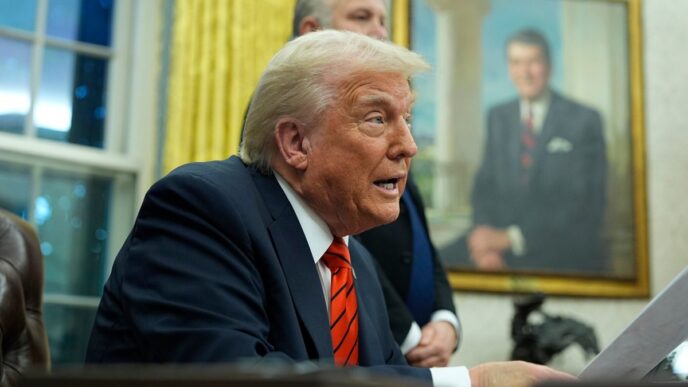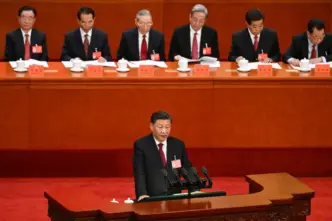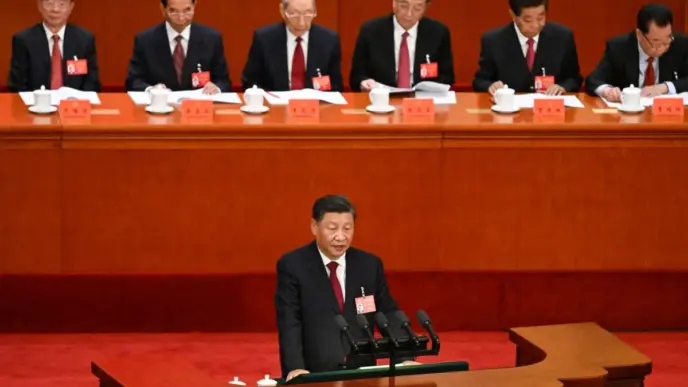The Director-General of the World Trade Organisation (WTO), Dr Ngozi Okonjo-Iweala, has expressed concern that the ongoing trade dispute between the United States and China could worsen, urging both nations to ease tensions.
In an interview published by Reuters over the weekend, Okonjo-Iweala warned that prolonged hostilities could reduce global economic output by up to seven per cent in the long term if the current situation continues.
Her comments followed the WTO’s decision last week to sharply cut its 2026 forecast for global merchandise trade growth from 1.8 per cent to 0.5 per cent, citing delayed effects from US President Donald Trump’s tariffs. The forecast for 2025, however, was revised upward to 2.4 per cent.
The recent calm in trade relations was disrupted last week after China imposed new export restrictions on rare earth metals critical to technology production, prompting Trump to retaliate with a 100 per cent tariff on Chinese imports starting next month.
“We are clearly worried about any escalation in US-China tensions,” Okonjo-Iweala said, recalling how both sides had previously avoided a major confrontation earlier this year.
“We hope they will again find a way to de-escalate, as such tensions and any form of decoupling would have consequences not just for them but for the entire global economy.”
She explained that any division of the global economy into two separate trading blocs could cause severe long-term losses, estimating up to 7 per cent in global GDP reductions and double-digit welfare losses for developing nations.
Addressing the Group of 20 (G20) finance officials on Wednesday, Okonjo-Iweala stressed that global financial stability could not exist without trade stability.
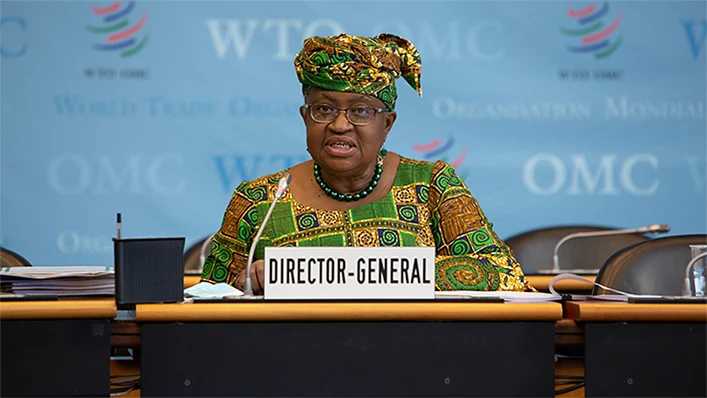
“Pressures on the system have not eased and may intensify,” she warned. “The full effects of recent tariffs are still to come, and trade diversion is fuelling protectionist sentiment elsewhere.”
Despite the ongoing disputes, she noted that most WTO members had refrained from joining the tariff war, with around 72 per cent of global trade still operating under WTO rules. This, she said, demonstrated the resilience of the multilateral trading system, even amid the most severe policy challenges in eight decades.
Okonjo-Iweala also called for the WTO and other international organisations to use the current crisis as an opportunity for long-awaited reforms to make the global trade system more adaptable and efficient, particularly in emerging areas such as digital trade, services, and green trade.
“There’s no doubt that global challenges cannot be solved by any single country,” she said. “Multilateral cooperation remains vital, but for organisations like the WTO to retain their relevance, they must reform—and we are ready to do that.”
The WTO chief added that she held productive talks with Joseph Barloon, recently confirmed as the new US ambassador to the WTO, and welcomed Washington’s decision to remove the organisation from its list of proposed international funding cuts.
She confirmed that discussions were ongoing to settle the US’s outstanding financial contributions to the trade body.


 Trending
Trending 

